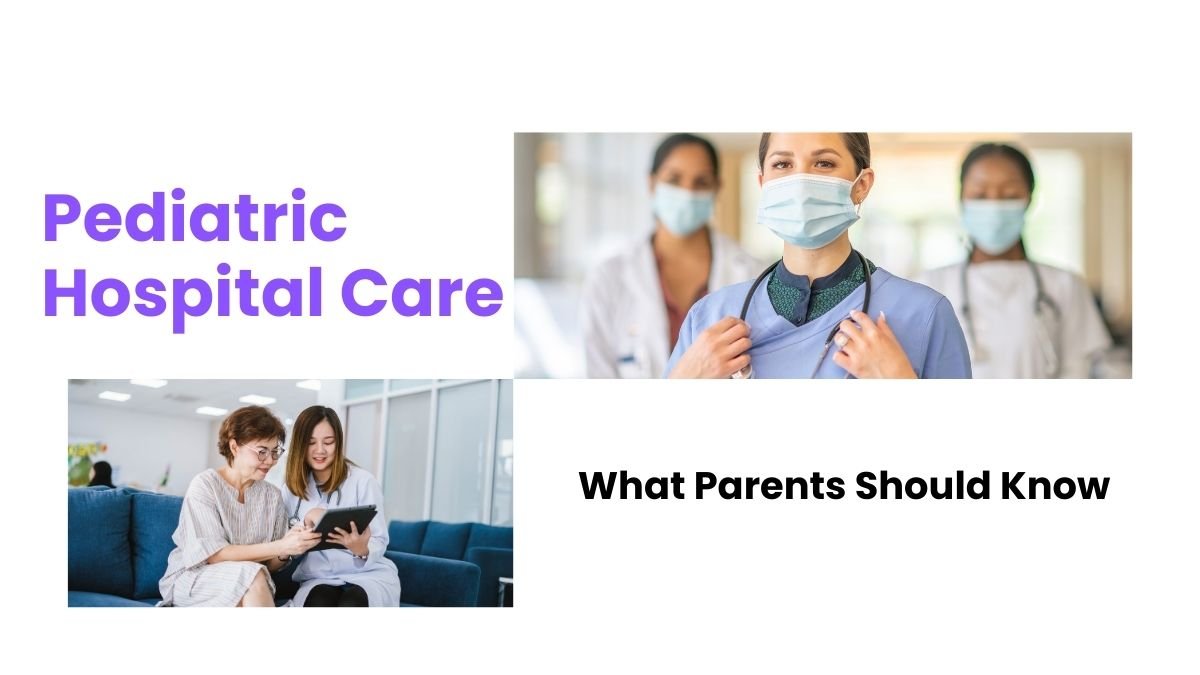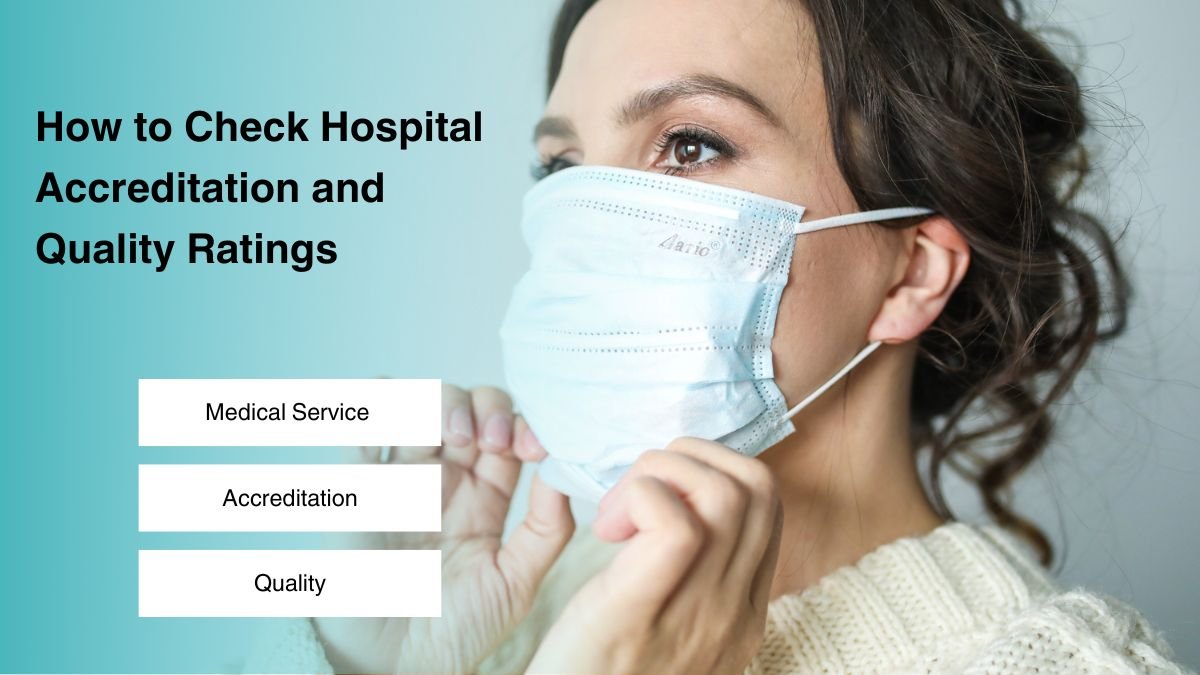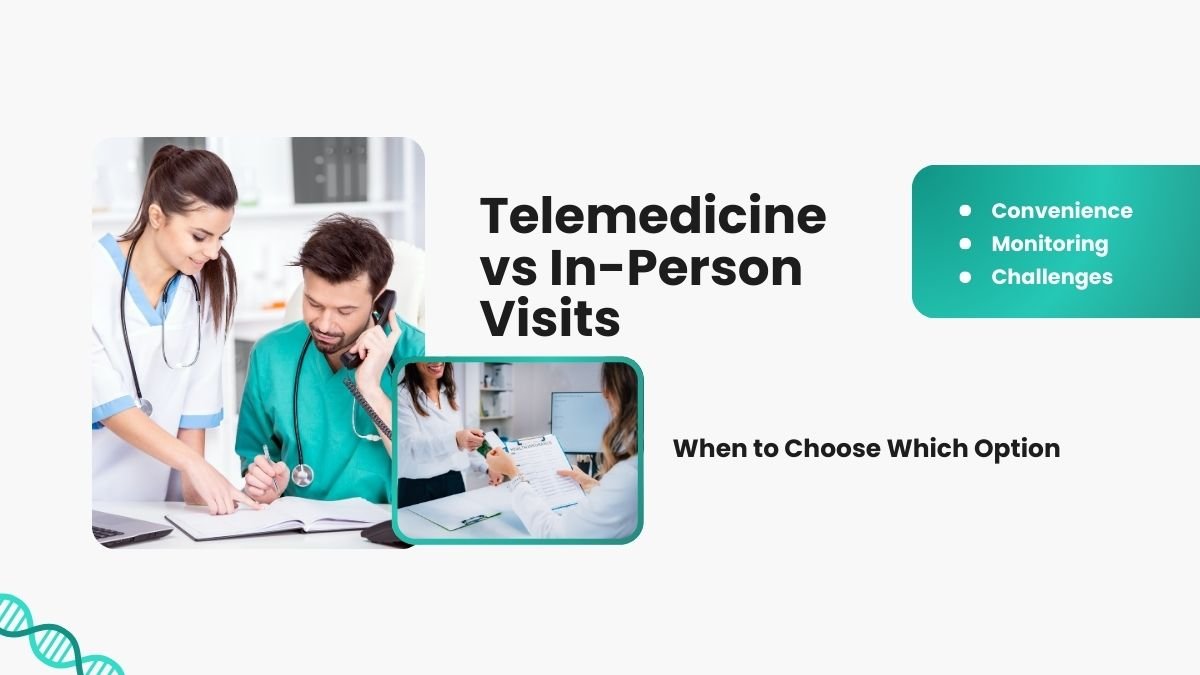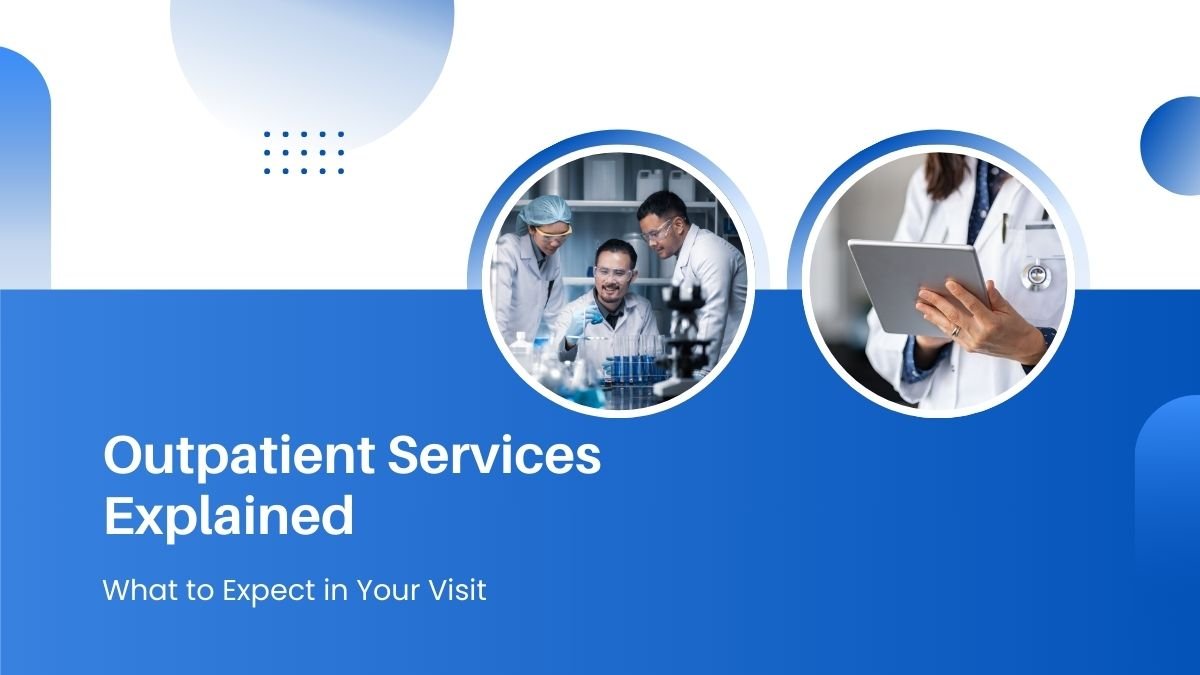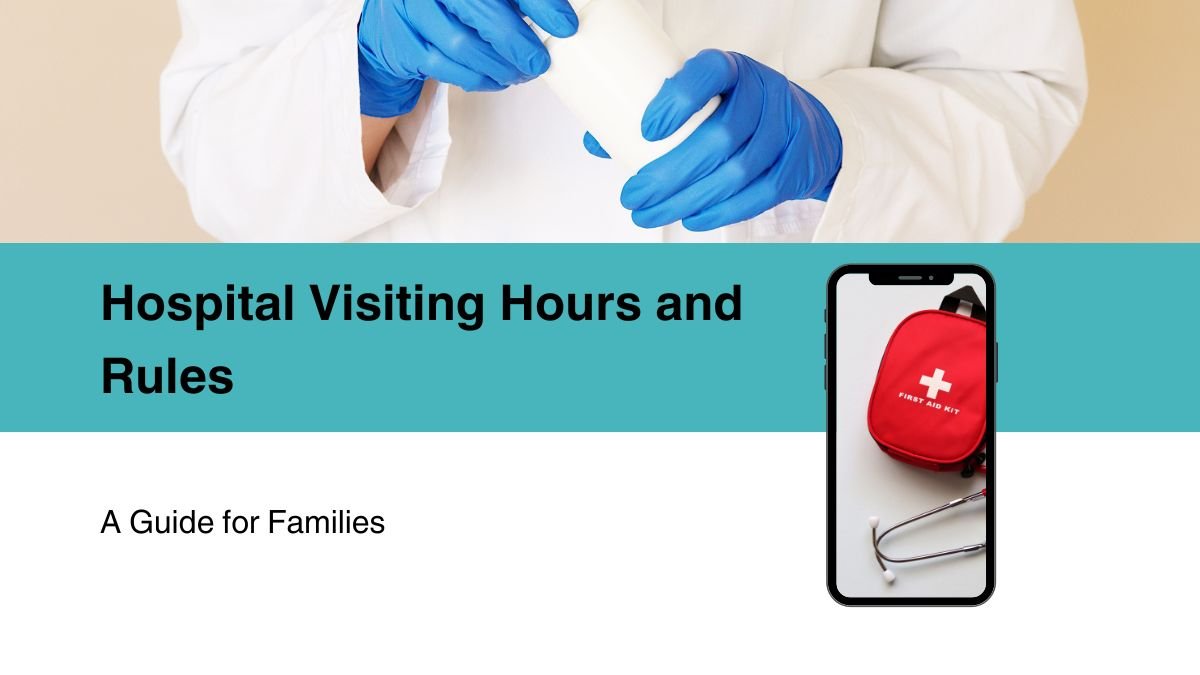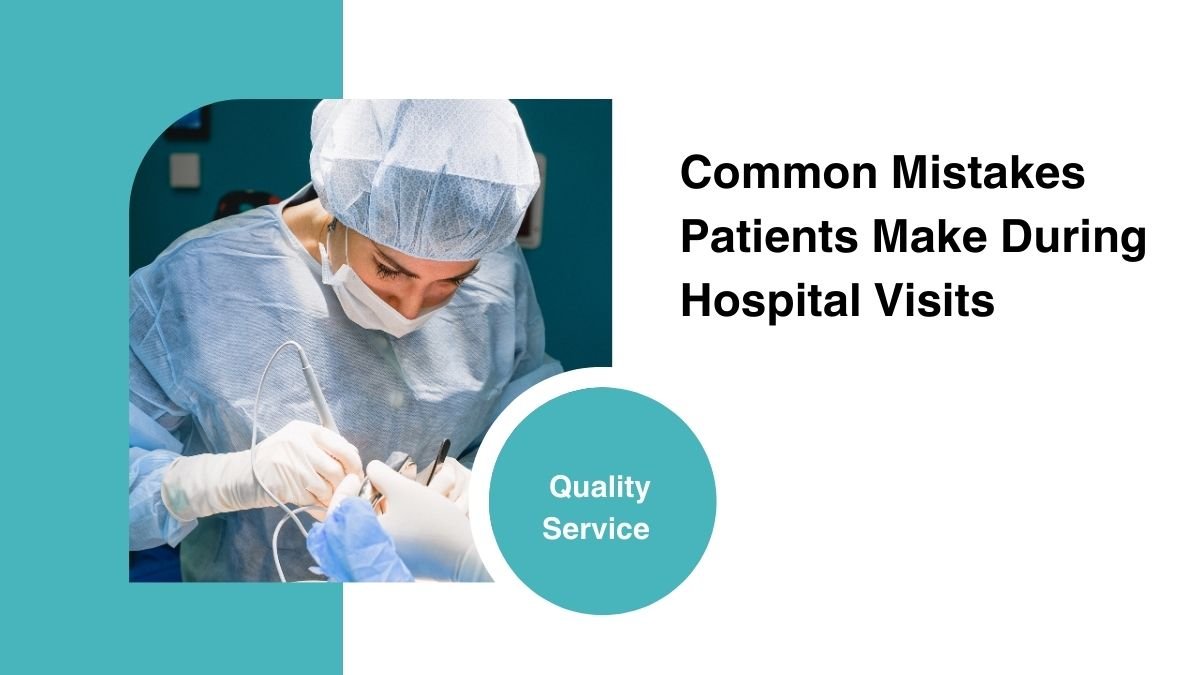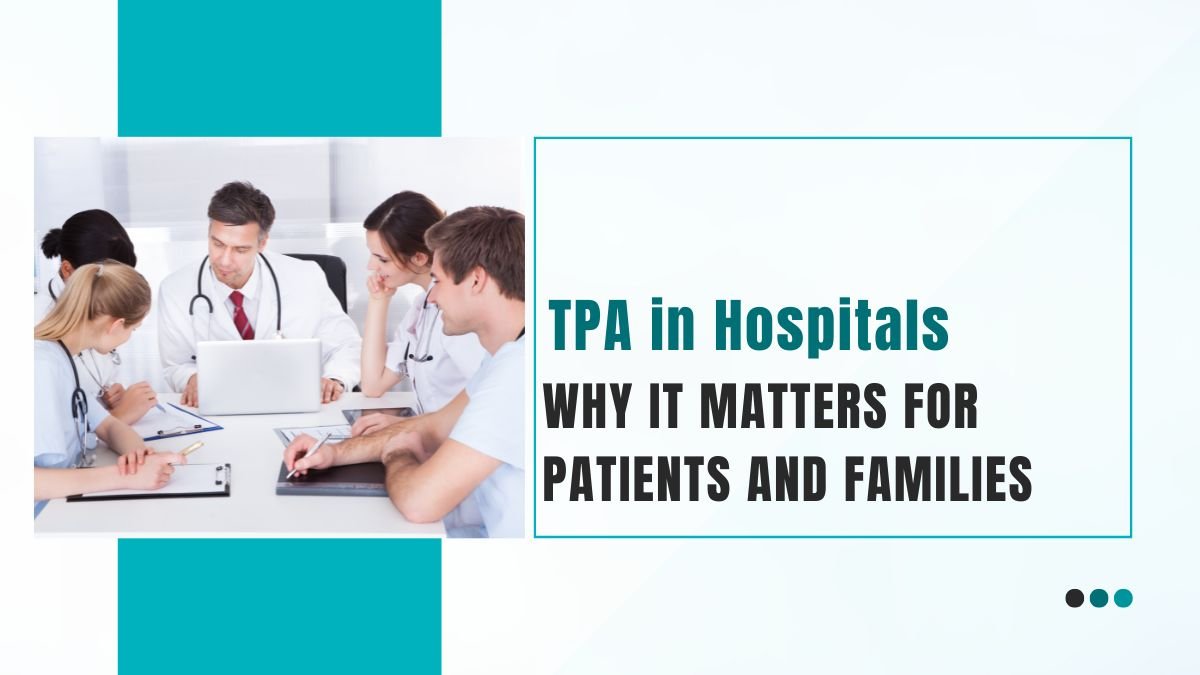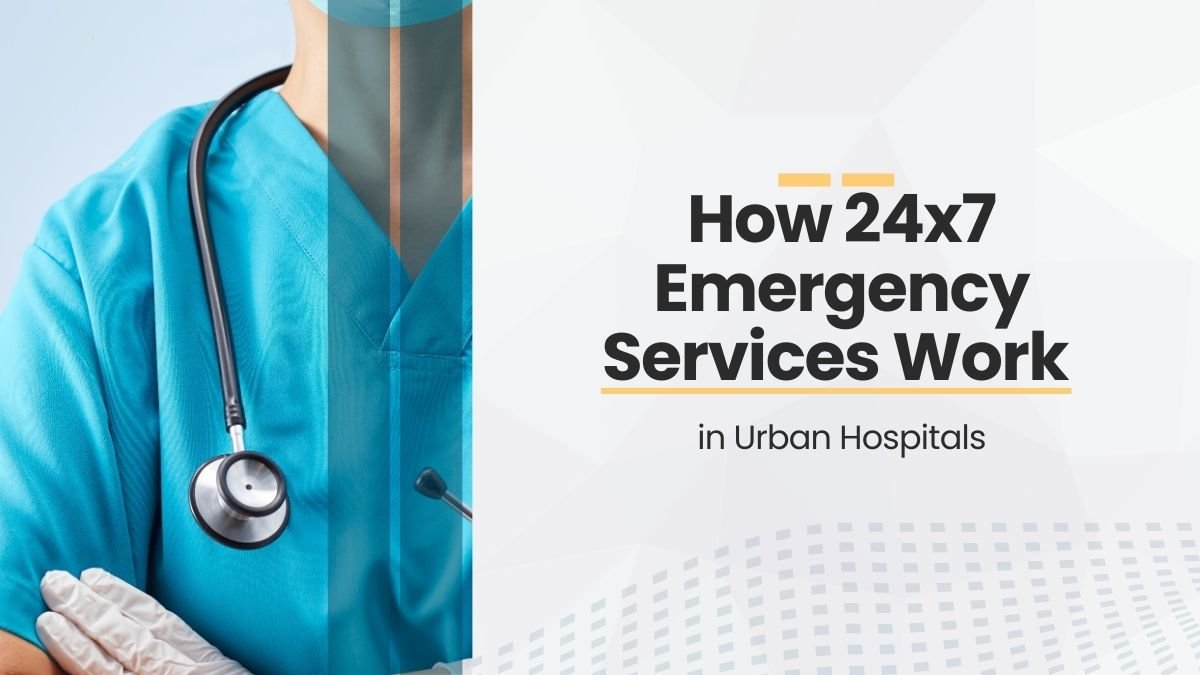Preventing hospital infections – how patients can play an important role
The biggest fear of being hospitalised is not just the disease, but also the possibility of catching a new infection while being there. These are called hospital-acquired infections (HAIs), i.e. infections that a patient acquires during treatment in a hospital. The good news is, you can help prevent such infections by taking some simple but important precautions.
If patients and their families are vigilant and proactive, the risk of infection can be reduced to a great extent.
1. Hand hygiene – the easiest and most effective way to prevent infection
Why is it important?
Our hands touch many things throughout the day—bed rails, door handles, mobile phones, nurse call buttons—and germs on them can easily enter the body.
In hospitals, where patients with many diseases are together, this risk increases even more.
What to do?
- Wash hands with soap and clean water, especially:
- Before and after eating
- After using the toilet
- After touching surfaces
- If soap and water aren’t available, use an alcohol-based hand sanitizer.
Get help if you need it
If you can’t wash your hands yourself—because you’re weak, have a drip, or something else—ask a nurse or healthcare staff for help.
2. Respiratory Hygiene & Cough Etiquette
Why is it important?
Respiratory illnesses like the flu, pneumonia, or COVID-19 can spread through the air through sneezes and coughs. If you or someone around you is infected, these germs can quickly spread to others.
What to do?
- Use a tissue when you cough or sneeze, then immediately throw it in the dustbin and wash your hands.
- If there is no tissue, cough/sneeze into your elbow or upper arm, not your hand.
- Wear a mask if your doctor has advised it or you have a cough and cold.
3. Importance of Personal Protective Equipment (PPE)
Why is it important?
PPE such as gowns, gloves, masks and face shields protect not only the doctor and nurse, but also the patient from infection.
What to do?
- Check whether the staff is wearing PPE while treating you.
- If you don’t understand why they are wearing which PPE, ask—it is your right.
- Wear a mask or other PPE yourself as advised by the doctor.
4. Safe Injection Practices
Why is it important?
Reusing the same needle or syringe repeatedly can spread blood-borne diseases such as hepatitis and HIV.
What to do?
- Make sure new, sealed needles and syringes are used for each injection.
- If you have any doubts, tell healthcare staff immediately.
5. Understand isolation precautions
Why is it important?
Some infections can easily spread from one person to another. In such a case, the patient is kept in isolation so that the infection does not spread to others.
What to do?
- Understand why you or your loved one has been kept in isolation.
- Follow all the rules given by the staff—such as wearing a mask, not leaving the room.
- Inform visitors of these rules as well.
6. Pay attention to the cleanliness of the room and equipment
Why is it important?
Germs can accumulate on many surfaces in the hospital. Cleaning and disinfection reduces the risk of infection.
What to do?
- See that the cleaning staff is cleaning surfaces, bed rails and tables from time to time.
- Do not keep your personal belongings such as mobile, bag on the bed or food tray.
- Avoid leaving things on the floor.
7. Knowing medications and procedures
Why is it important?
If you know which medications are given and why which procedures are being performed, you can be more involved in your care.
What to do?
- Ask about every medication—name, function, and side effects.
- Before any procedure, know why it is needed and what the risks are.
8. Open communication and reporting
Why is it important?
If you think someone is not following hygiene rules, or a procedure is being done carelessly, report it immediately.
What to do?
- Don’t hesitate to share your concerns with the doctor or nurse.
- If needed, contact the hospital administration.
9. Patient, family, and visitor education
Why is it important?
If family and visitors also know ways to prevent infection, the environment becomes safer for the patient.
What to do?
- Inform visitors about the hospital’s infection control policy.
- Remind them to wash their hands, wear PPE, and be cautious around patients.
10. Role of family
Family is like an extra layer of protection for the patient.
- They can see if the staff is following all the rules.
- They can help the patient adopt the right habits—like washing hands on time, wearing a mask.
Conclusion – Your vigilance, your safety
Preventing infection in the hospital is not just the responsibility of the doctor or nurse. Patients and families can also be active participants in this fight. A little vigilance, asking the right questions, and following the rules—all these together can make your treatment safer. If you are proactive, you can protect not only yourself but everyone around you from the risk of infection.

